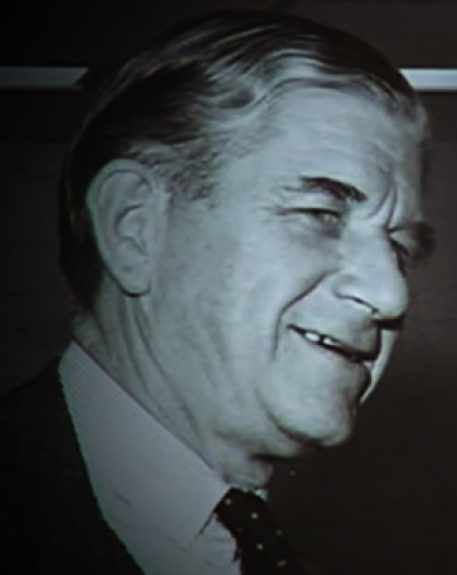2016 INDUCTEE Sir Charles Tupper, MD Patient Care, Leadership in Organizational Development, The Early Days - Health Care Pioneers, Health Policy
July 2, 1821
(Amherst, Nova Scotia )
October 30, 1915
MD, University of Edinburgh (1843)
1879: Knight Commander of the Order of Saint Michael and Saint George
1867: Companion of the Most Honourable Order of the Bath
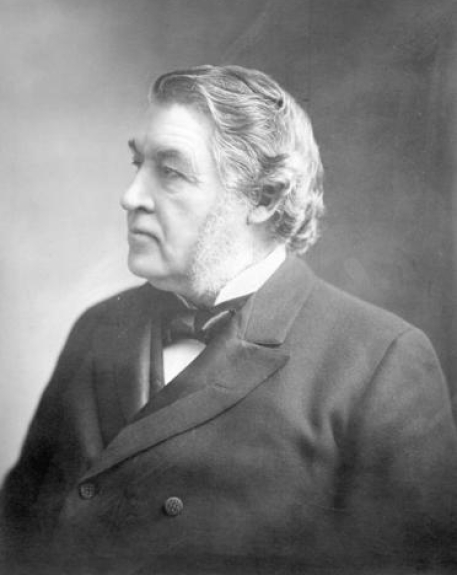
Pioneer of the Canadian Medical Association
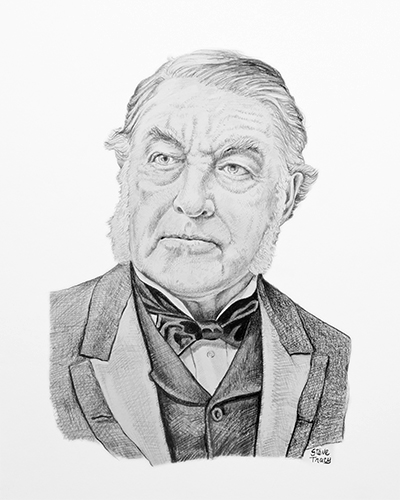
Politician, physician, and passionate advocate of public health
As a young physician in Amherst, Nova Scotia, Dr. Tupper travelled great distances on horseback to treat his patients, many living in remote outposts in frontier conditions. He later held leadership roles in the growing city of Halifax as chief medical officer and as president of the Medical Society of Nova Scotia before he turned his attention to politics. Dr. Tupper was elected into the Nova Scotia Assembly in 1855 and served as Premier from 1864 to 1867 during which time he led Nova Scotia into Confederation. In 1867, he became the founding president of the Canadian Medical Association. Dr. Tupper, in his long career as a politician, remained ever a physician and was known for keeping his medical bag under his seat in the House of Commons.
Key Facts
Credited with performing 116 obstetric operations before he was 22
The only past president of the CMA to serve three consecutive terms
Recognized the great expense involved in attending medical school far away from home and chaired the committee responsible for the creation of Dalhousie Medical School
Acted as one of the Fathers of Confederation
Was considered to be Sir John A. MacDonald’s “right hand man” during his time in the federal cabinet
Became Prime Minister of Canada
in 1896
Professional timeline
Impact on lives today
One hundred years after Sir Charles Tupper’s death, medical science and practice have progressed to levels beyond the imagination of 19th century doctors. Yet it is the work of early medical pioneers like Dr. Tupper who helped lay the foundations of institutions that sustain scientific progress today.
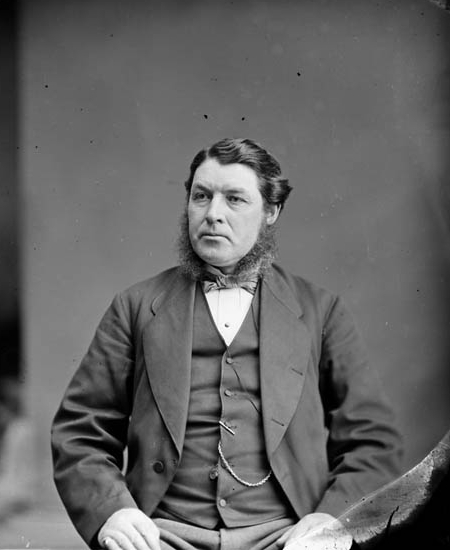
2016
-
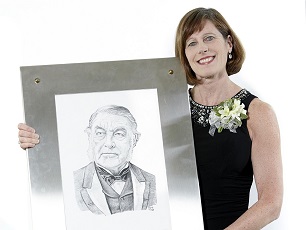
Sir Charles Tupper posthumously inducted into the Canadian Medical Hall of Fame
Represented by CMA President, Dr. Cindy Forbes in Hamilton, Ontario
-
In 1896, Sir Charles Tupper was appointed Prime Minister of Canada and remains the only physician to have served in that role.
The Early Days - Health Care Pioneers, Leadership in Organizational Development -
After resigning from Cabinet, Sir Tupper was appointed as Canada’s High Commissioner to the United Kingdom.
He remained in this post until 1895 when he returned to Canada and to federal politics.
-
During his three terms as President of the CMA, Sir Tupper watched over the new organization’s initial growth.
Leadership in Organizational DevelopmentIn 1868, he oversaw the development of the CMA Code of Ethics.
-
Upon the formation of Canada’s new House of Commons, Sir Tupper entered federal politics as the MP for the Cumberland riding of Nova Scotia.
Leadership in Organizational DevelopmentDuring his long and distinguished career, he served in many posts including Minister of Public Works in which he oversaw the completion of Canada’s first national railway.
-
Only three months after Canada signed the British North America Act, the Canadian Medical Association was launched with Sir Charles Tupper as its inaugural president.
Leadership in Organizational DevelopmentFrom an initial membership of 166 physicians, the CMA now has over 80,000 members.
-
Concerned with the social influences on health, Sir Tupper became a fierce advocate of free primary school education throughout Nova Scotia.
The Early Days - Health Care PioneersIn the face of strong opposition, the Free Education Act of 1864 was passed.
-
Sir Tupper entered political life in 1855 when he ran for the Conservative party in the Cumberland riding of Nova Scotia.
To the surprise of many, Tupper defeated the renowned Reform candidate, Joseph Howe. By 1864, Sir Tupper was Premier of Nova Scotia.
-
After returning from Edinburgh, Sir Tupper established his medical practice and drug store in Amherst, Nova Scotia.
Leadership in Organizational Development, Patient Care
1843
A remarkable man who could accomplish almost anything related to the health of the people.

